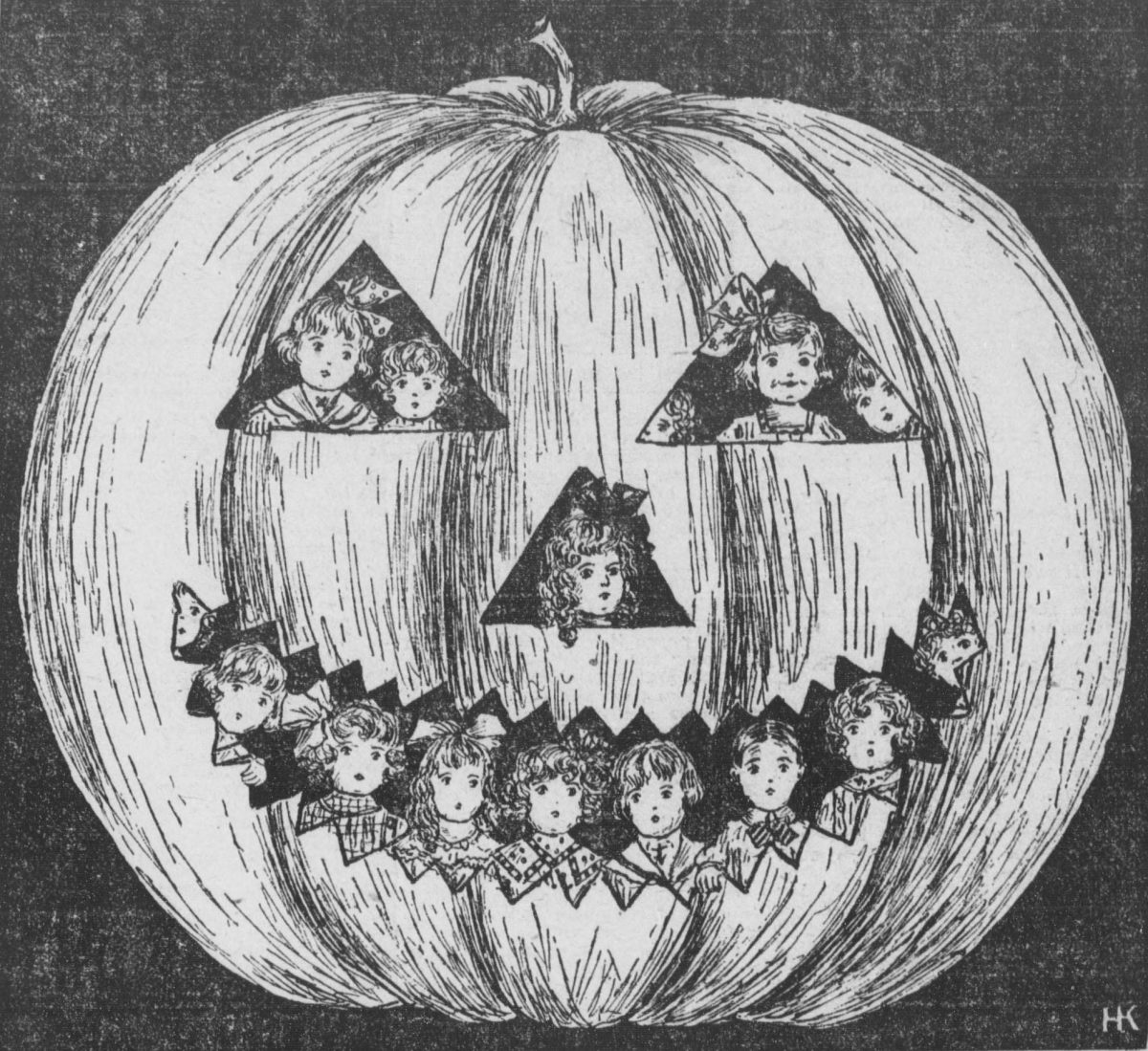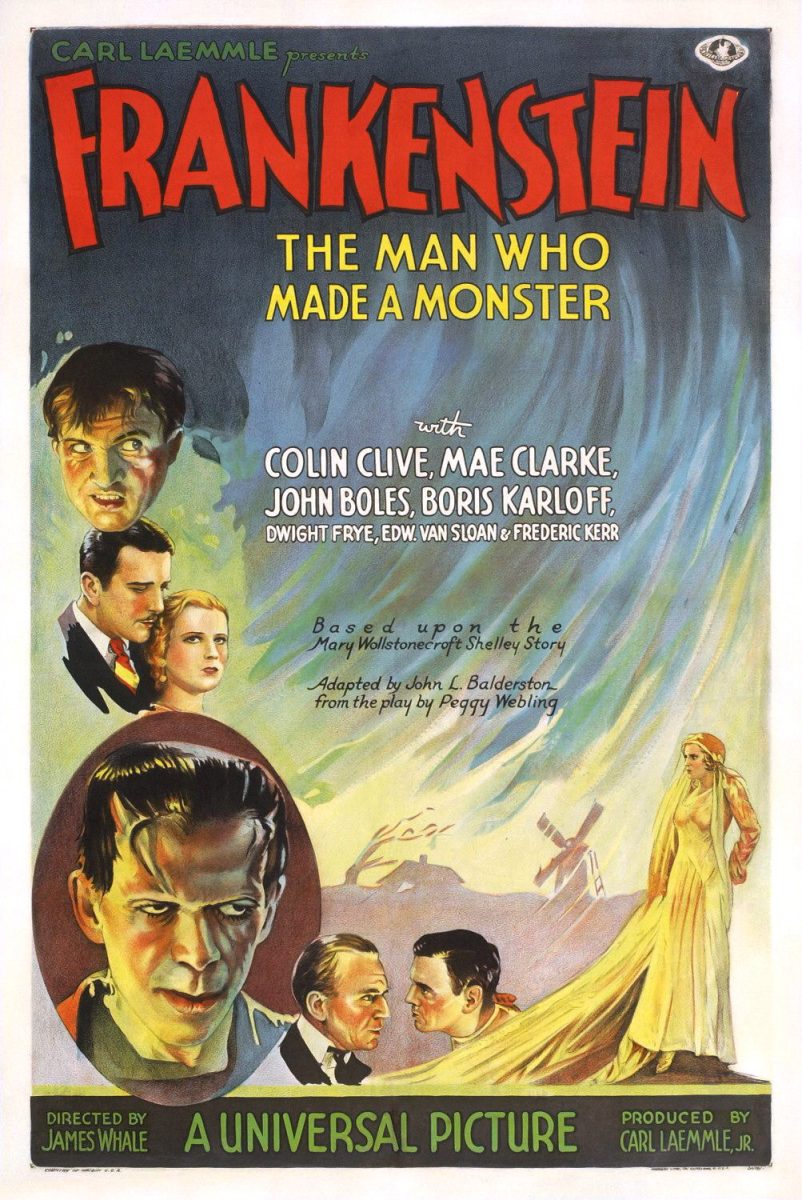by Maddie Parise
I was raised in Kalamazoo, Mich. by a family with close ties to Detroit. My father spent the early half of his life there, we often visit family still in the surrounding area. And I have spent time volunteering with an urban volunteer group of Detroit called Motown Mission. Though I have not lived in Detroit, the city still has a place in my heart, like it does with many other Michiganders after the auto industry collapsed in the 2000’s.
As a state, we just want to see the city get back on its feet. After my time volunteering there I have viewed the city less as a mess and more as a struggling community, as opposed to how the rest of the nation may view it.
That is why when Republican presidential nominee, Donald J. Trump, came to Detroit in early September, I felt immediately protective of the city upon his visit. In the article “Trump: His ‘outreach’ to African-Americans,” by The Week, it was clear I was not alone in my dismay.
In an article by Ron Christie, an African-American republican writing for the New York Times, Christie explains Trump frequently talks down to the actually nonexistent “monolithic entity known as ‘the African-American community.”
Christie explains Trump views the racial community as perpetually hurting, impoverished and crime-ridden.
“Black America includes doctors, painters, welders, farmers and even former White House staffers turned adjunct professors like me,” Christie said, noting that not all black people fit into the category of ‘in-need.’
I agree with Christie’s assertions; as a white U.S citizen, it is true I know very little about being discriminated against for the color of my skin. However, I have enough sense to know the entire black population of America is not in poverty.
Trump often refers to the African-American community as one whole unit of despair, a practice which only furthers his level of prejudice. “African Americans and Hispanics are living in hell. You walk down the street and you get shot,” Trump said. Needless to say, the Republican presidential nominee has often found himself in hot water due to his racial/ethnic ignorance.
What I find truly discouraging about Trump’s own statements on the matter is that he sees Black America from a purely economic perspective as opposed to a social one. In the first Trump-Clinton presidential debate Trump continuously referred to his trip to and sympathy for Michigan in monetary terms.
“Thousands of jobs leaving Michigan, leaving Ohio. They’re all leaving. And we can’t allow it to happen anymore,” Trump said. “All you have to do is look at Michigan and look at Ohio and look at all of these places where so many of their jobs and their companies are just leaving, they’re gone.”
The one time Trump mentioned Detroit by name, he only addressed that they were upset with politicians; though instead of mentioning what their exact complaints were, he accused Democratic presidential nominee, Hillary Clinton, of choosing to stay home instead of visiting with citizens. The safety of black lives in America is a hot topic in our country, and regardless of where one sits on the Black Lives Matter versus All Lives Matter debate, most can agree there is a real friction between minority communities and law enforcement.
In a Washington Post article by Jenna Johnson and Vanessa Williams, they said “Trump’s approach in recent weeks has been widely criticized for broadly stereotyping minorities and for suggesting that he could instantly solve generations-old problems of poverty and violence.”
According to The Week’s article, Trump’s current stance in the polls with the African-American vote is “close to zero percent in national polls.” It was made clear to me after Trump’s visit that although his minority voter support is low, those weren’t the people whose votes he was trying to win.
Instead, Trump’s outreach to the African-American community is actually an attempt to earn the vote of conservatives who aren’t entirely comfortable voting for a racist.
More specifically, The Week describes the voter Trump is after as “conservative-leaning, college-educated whites who are uncomfortable voting for a racist who made his name in national politics by calling the first black president a foreign-born traitor.”
This makes me think Trump’s visit to Detroit was more of a stunt than an attempt to learn about a large minority community. The voters Trump is after likely fall into the category of ‘Timid Bigots’ according to Robert Merton’s “The Relationship Between Prejudice and Discrimination.”
These voters often agree with Trump’s ideas of handling racial/ethnic issues (stop and frisk, building a wall between Mexico and the United States) based off of their own prejudices, but would not actively discriminate/support a man who does so in an openly racist fashion. The entire Detroit trip could potentially be a poorly attempted publicity stunt in order for Trump to appear interested in advancing minority rights.
“Had Trump really wanted to make a connection [with the people of Detroit],” Washington Post writer Jennifer Rubin said. “he’d have apologized for Trump housing discrimination decades ago and for fanning the birther flames.”
Trump tweeted on Aug. 25 before his visit “So many in the African-American community are doing so badly, poverty and crime way up, employment and jobs way down: I will fix it, promise.”
In response, Christie said in his article “Mr. Trump has demonstrated not only a complete lack of empathy, but also the view that most blacks are doing badly and live in crime-infested neighborhoods.”
It is true minority communities do, according to sociology experts, face higher rates of poverty and unemployment and lower rates of income than the majority, but Trump’s attempts at sympathetic tweets, as opposed to actual action, are an accurate representation of his true intentions.
The Republican presidential nominee is poorly supported by minorities and has used his visit to Detroit to present compassion without action. It is up to speculation what exactly motivated Trump’s visit to Michigan, but I inferred his intentions were to win the vote of white, timid bigots as opposed to the African-American folks he met with that day. The Week puts it best, Trump’s visit cannot “erase a 30-year history of housing discrimination in his real estate empire or decades of offensive rhetoric about women, blacks, Hispanics, and Muslims.”









